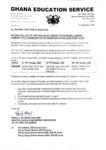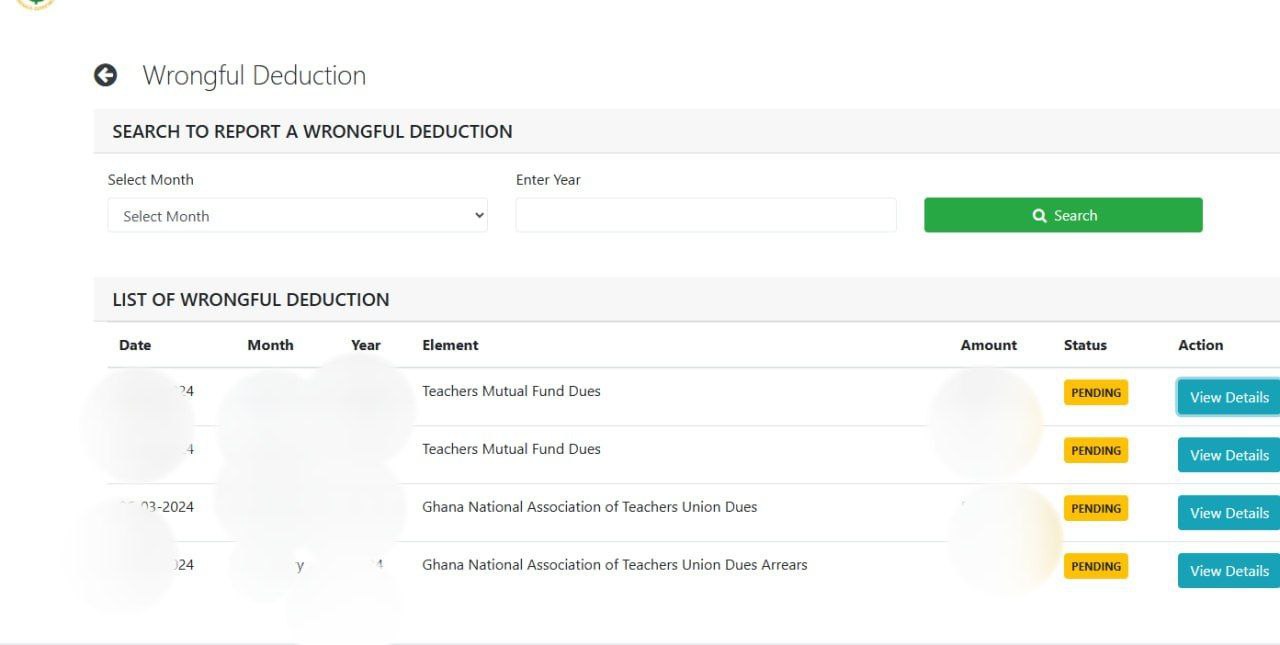COCOBOD Organizational Structure
The Ghana Cocoa Board (COCOBOD) operates through a structured organization with several directorates, departments, and subsidiaries. Salaries and allowances are generally aligned with Ghana’s public sector Single Spine Salary Structure (SSSS), with a 10% across-the-board increase approved for 2025. Below is a summary of key directorates and departments based on official documentation:
| Category | Units/Departments | Key Responsibilities (Overview) |
|---|---|---|
| Core Directorates/Departments | Human Resource Department Finance Department Internal Audit Department Procurement Department Legal Department Public Affairs Department | HR: Recruitment and staff welfare. Finance: Budgeting and financial management. Audit: Internal oversight. Procurement: Supply chain and purchases. Legal: Compliance and contracts. Public Affairs: Communications and stakeholder engagement. |
| Support Departments | Estates Department Civil Works Department Special Services (Security) Department Medical Department Scholarship Department | Estates: Property management. Civil Works: Infrastructure projects. Security: Intelligence and protection. Medical: Health services for staff and farmers. Scholarship: Educational support programs. |
| Subsidiaries/Divisions | Cocoa Research Institute of Ghana (CRIG) – Research Department Seed Production Division (SPD) Cocoa Health and Extension Division (CHED) Quality Control Company Limited (QCC) Cocoa Marketing Company Limited (CMC) | CRIG: Agricultural research. SPD: Cocoa seed production. CHED: Farmer extension services. QCC: Quality assurance. CMC: Marketing and sales. |
These units report to Deputy Chief Executives overseeing Finance & Administration, Operations, and Agronomy & Quality Control, ultimately under the Chief Executive Officer (CEO).
General Salary Structure for COCOBOD Workers (2025 Estimates)
Salaries vary by position, experience, and qualifications, but are not always publicly broken down by department. The table below provides estimated monthly base salaries (in Ghanaian Cedis, GHS) for common roles across departments, updated for 2025. These are indicative figures based on available data and may include adjustments for the public sector pay rise.
| Position | Estimated Monthly Base Salary (GHS) | Typical Department Examples |
|---|---|---|
| Clerk | 2,000 – 3,000 | Admin, Public Affairs |
| Field Officer | 2,500 – 3,800 | CHED, SPD |
| Technician | 2,800 – 4,500 | CRIG, QCC |
| Senior Admin Officer | 4,500 – 6,000 | HR, Finance |
| Project Coordinator | 5,000 – 7,500 | Procurement, Civil Works |
| Accountant | 5,500 – 8,000 | Finance, Audit |
| Regional Manager | 8,000 – 12,000 | Operations, Regional Offices |
| Deputy Director | 12,000 – 18,000 | Legal, Estates |
| Director | 18,000 – 25,000 | Medical, Special Services |
| Deputy CEO | 30,000 – 40,000 | Oversight roles |
| CEO | 50,000 – 70,000+ | Executive leadership |
Department-Specific Example: Research Department (CRIG)
The Research Department (under CRIG subsidiary) has specialized roles focused on cocoa agronomy and science. Salaries here tend to be slightly higher due to technical expertise:
APPLY FOR ;
TRANSCRIPT
ENGLISH PROFICIENCY
SCHOOL ABROAD
LET’S HELP YOU WITH DISSERTATION/THESIS
APPLY FOR LOAN FOR GOVERNMENT WORKERS
SEEKERS CONSULT 0550414552
| Position | Estimated Monthly Base Salary (GHS) |
|---|---|
| Entry-Level Staff (e.g., Graduates) | 3,000 – 4,800 |
| Research Assistants/Technicians | 4,500 – 6,500 |
| Research Officers | 7,000 – 10,500 |
| Senior Research Officers | 11,000 – 15,000 |
| Principal Research Officers/Managers | 16,000 – 22,000 |
| Directors/Executives | 23,000 – 30,000+ |
Allowances and Benefits
COCOBOD provides various allowances to supplement base salaries, especially for field-based or rural roles. These are typically 20-40% of base pay and include:
- Housing Allowance: Covers accommodation, especially in rural areas (GHS 500–8,000 depending on seniority).
- Transport/Field Allowance: For commuting and fieldwork (GHS 700–4,000; higher for CHED/SPD roles).
- Medical/Health Allowance: Comprehensive coverage for staff and dependents, including dental care.
- Risk/Professional Development Allowance: For hazardous duties or training/conferences (GHS 800–2,500).
- Other Benefits: Pension contributions, performance bonuses, paid leave, subsidized cocoa products, utility allowances, and opportunities for foreign travel. Inconvenience allowances for meetings were discontinued in 2022 but replaced with tax-inclusive fees.
Note: Exact figures can vary by negotiation, performance, and policy changes. For official details, consult COCOBOD’s HR or recent financial reports, as public data is limited.









